Introduction & Analysis
This collection of open-source English-language news articles published over the past week highlights significant events and issues concerning Myanmar. They present a snapshot of the country's safety and security landscapeHere is a four-sentence summary and analysis of the referenced articles, drawing on the provided sources:
Resistance forces continue to make gains across Myanmar, with groups like the Arakan Army launching offensives into new regions and fighting ongoing in areas like Karenni and Shan states, though the junta still attempts counter-offensives and suffers casualties. Meanwhile, the military junta is proceeding with plans for a general election in late 2025 or early 2026 to gain legitimacy, while simultaneously increasing repression, digital surveillance, and forced recruitment nationwide. The ongoing conflict has deepened the humanitarian crisis, causing widespread displacement, civilian harm from airstrikes, economic hardship, and the relocation of online scam syndicates inland, sometimes under the protection of armed groups. China continues to be a key international player, supporting the junta while also pressing ethnic armed groups for ceasefires to ensure stability for Belt and Road Initiative projects, adding complexity to the conflict dynamics and regional international relations.
Census & Elections
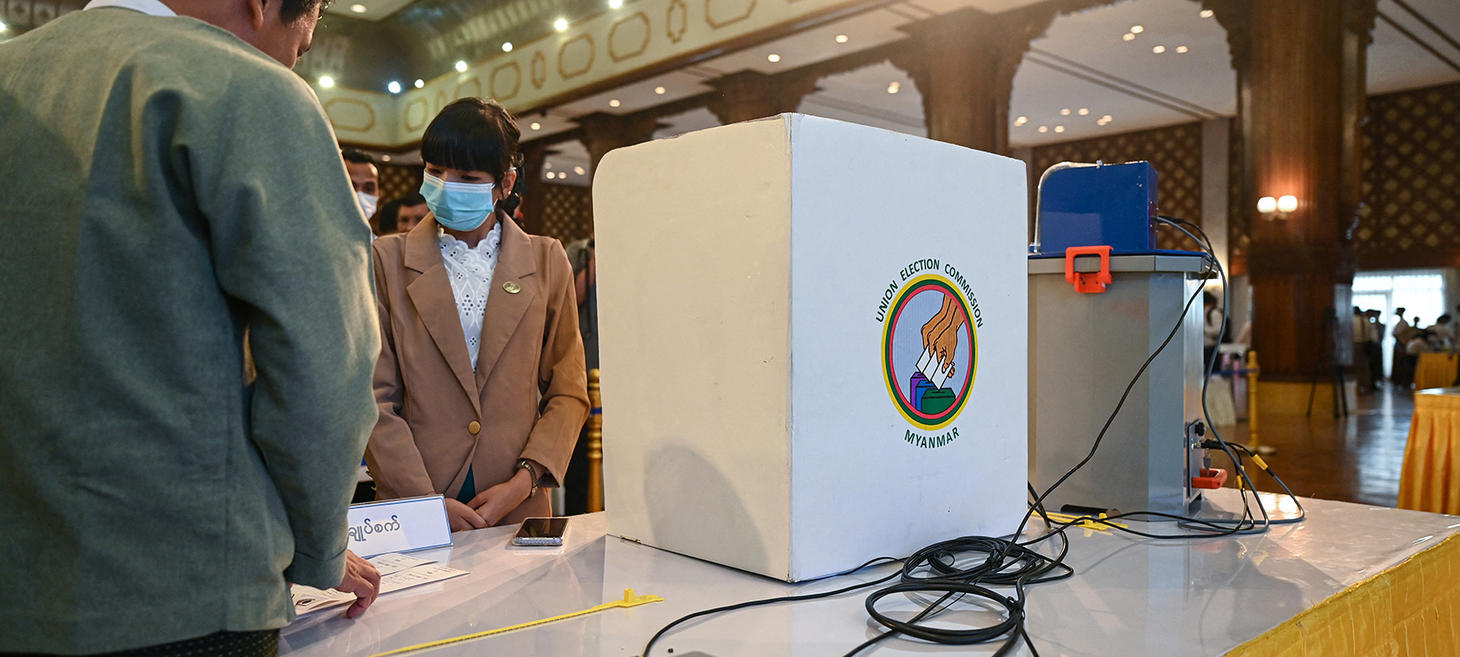
Myanmar Junta Promises Voting in 267 Townships
Myanmar's junta has indicated that voting will occur in 267 townships around December or January, with the final timing dependent on the security situation. The junta-controlled Union Election Commission plans to implement both first past the post and proportional representation systems, including electronic voting, though major opposition parties like the NLD have been dissolved and only a few parties are competing nationwide out of 54 approved. However, many observers, including Western countries, the National Unity Government, and anti-regime groups, view any such election as a sham intended to preserve the regime's control.
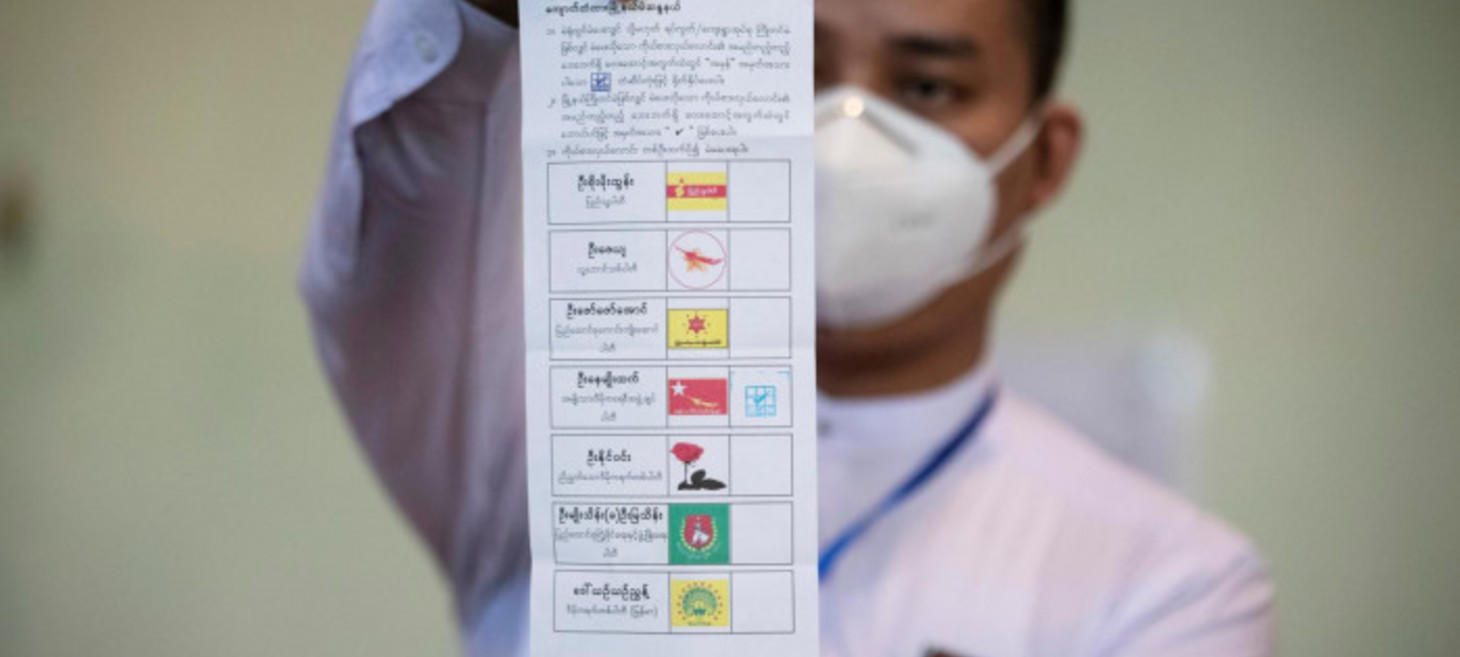
Will Myanmar's military plan succeed?
Despite facing increasing pressure, Myanmar's military government is moving forward with its five-step plan, the most crucial part of which is holding a national election between late December 2025 and early January 2026 as a strategy to make themselves more legitimate. However, the planned voting will only occur in areas they control, mainly cities and parts of central Myanmar, with experts believing only about 145 out of 330 townships will be able to vote, and the 2008 Constitution ensures the military retains 25% of all seats in parliament. While India, China, Russia, and Belarus have reportedly expressed interest in sending election observers, Asean has clearly stressed that any election must be inclusive, free and fair, though prioritizing peace and security to end the fighting is also a focus.
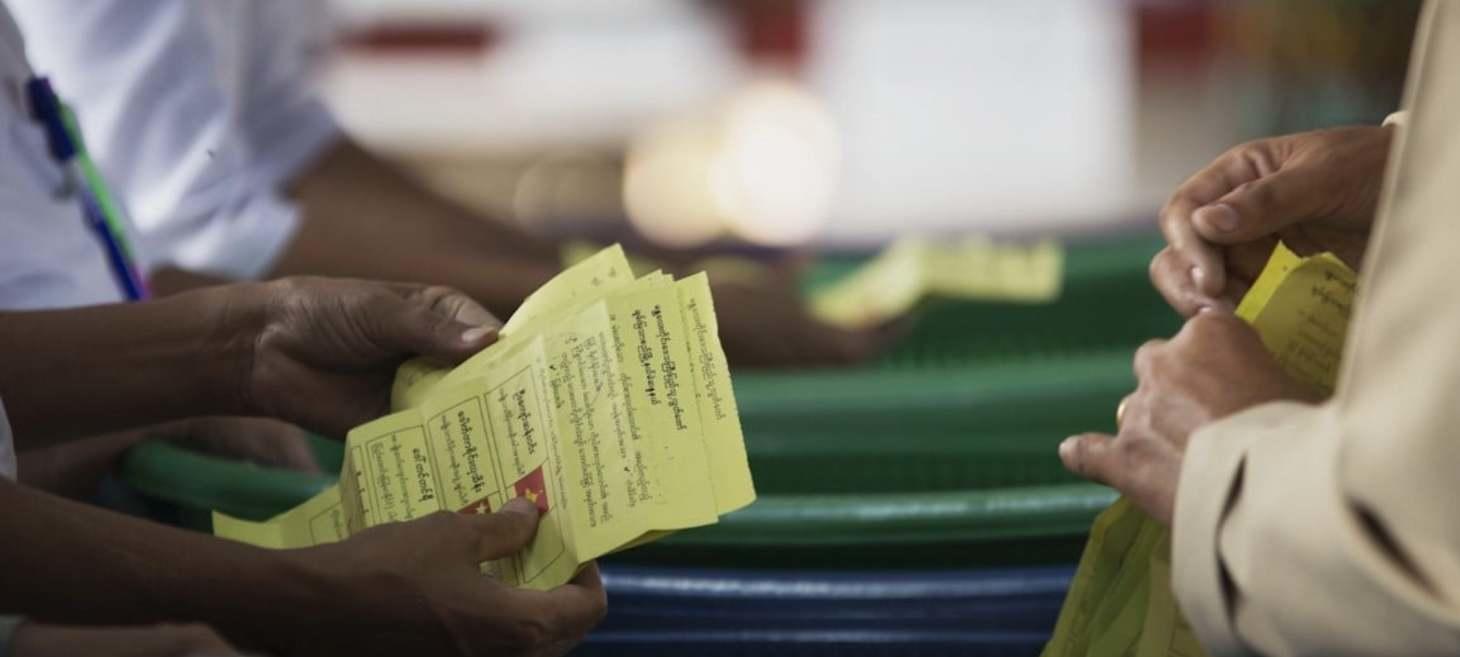
Rumours and realities: Will Myanmar’s generals really be able to hold fake elections?
Rumours circulating from within the Myanmar military suggest senior generals might run in potential fake elections slated for early next year, with Min Aung Hlaing possibly being "elected" president. However, the author regards this scenario as a big "if". The author believes these staged elections could only occur if the State Administration Council (SAC) regains and consolidates territory with aid from China and ASEAN, which is deemed very unlikely given the sustained military pressure from resistance forces. To prevent this, revolutionary forces are encouraged to maintain pressure on junta outposts and supply routes, control strategic assets, and forge a political agreement for Federal Transitional Arrangements, thereby asserting their own claim to central authority.
Conflict
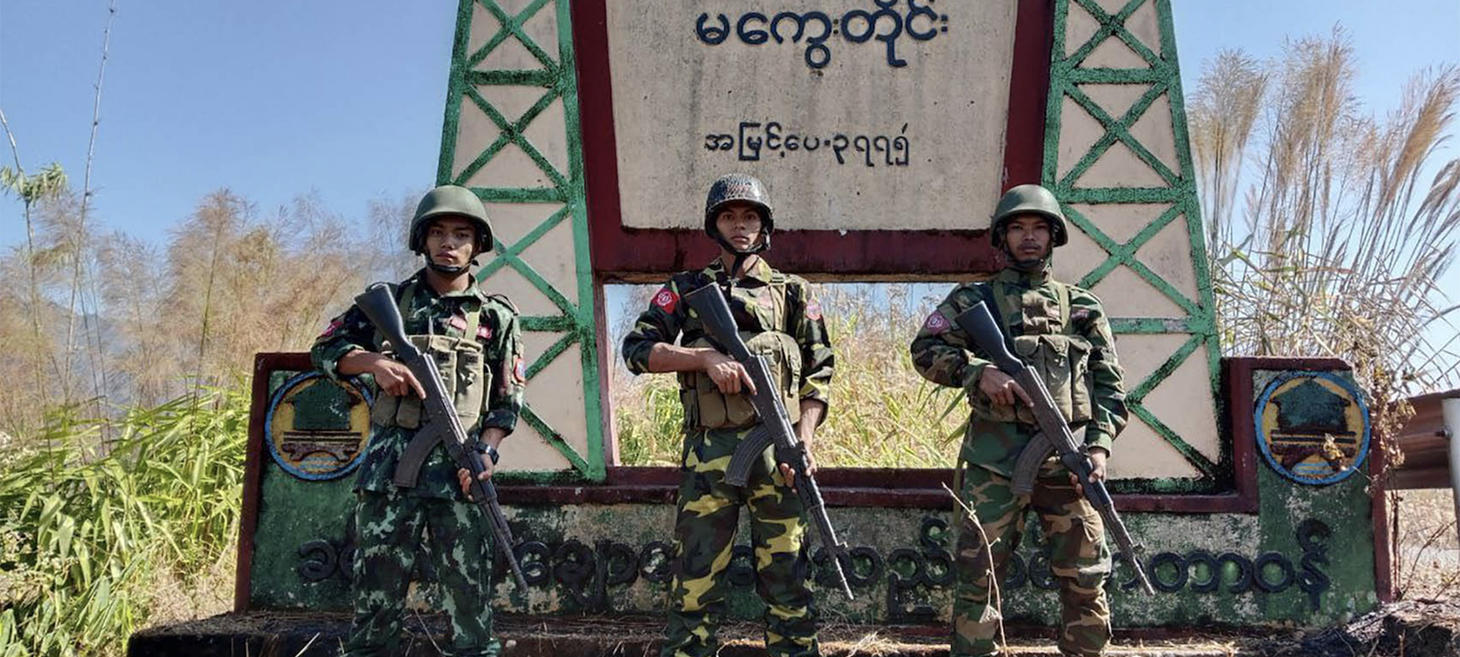
Noose Tightens Around Myanmar Junta Stronghold on Rakhine-Magwe Border
The Arakan Army (AA) and allied forces are closing in on the last remaining Myanmar junta stronghold on Nat Yay Kan Mountain, a strategic hilltop base located on the Ann-Padan road between Rakhine State and Magwe Region. Resistance forces recently captured the MPT telecoms tower outpost just two kilometers away, leaving the main base, reportedly reinforced with around 500 soldiers, standing alone. Serving as a critical artillery and air defense hub, the potential fall of the Nat Yay Kan base could grant AA-led forces strategic control over Padan town.
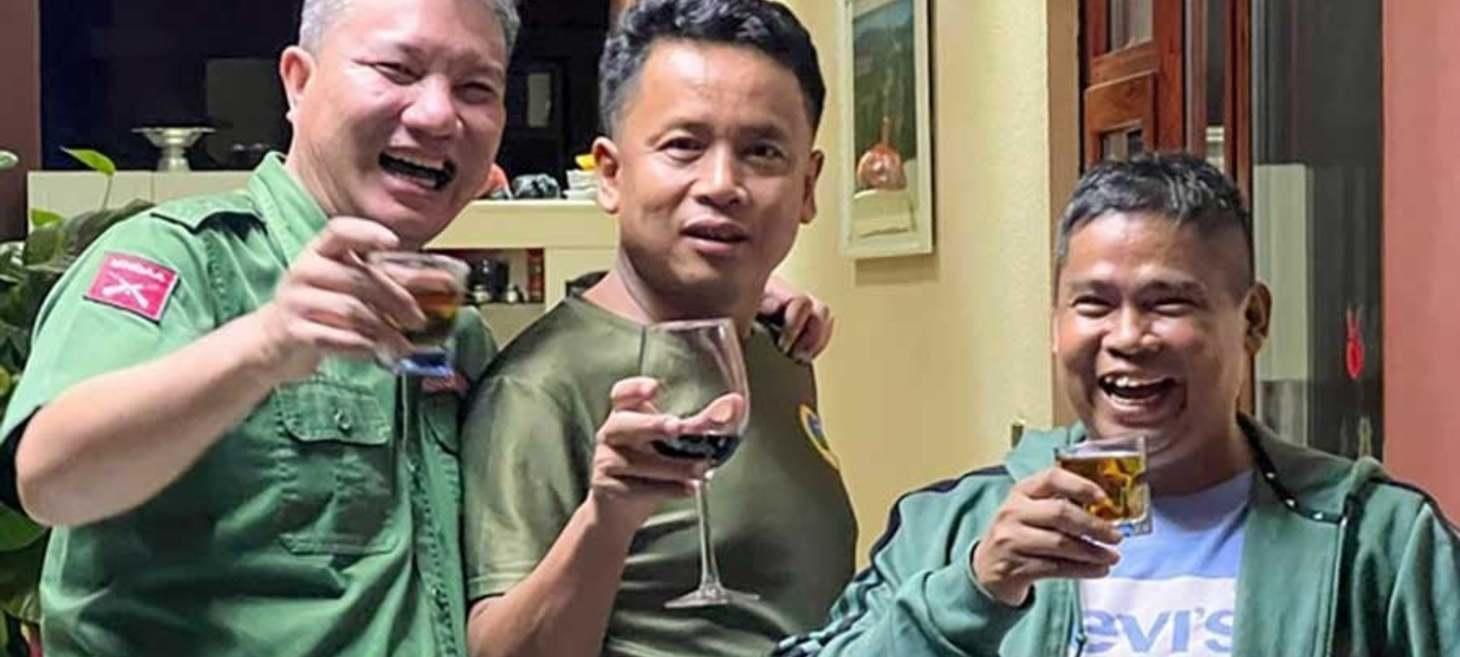
THE THREE BROTHERHOOD ALLIANCE: Political ups and downs
The Three Brotherhood Alliance (3BHA), comprising the AA, MNDAA, and TNLA, launched Operation 1027 with initial aims of uprooting the military dictatorship but has since deviated from these goals, with alliance cooperation described as largely non-existent presently. The member groups are pursuing differing paths: the AA continues extensive offensives for control in Rakhine and neighboring regions, the MNDAA is viewed as a China tool focused on territorial expansion and securing BRI interests, leading to conflicts with groups like the SSPP, and the TNLA faces junta offensives and external pressure while working to establish de facto governance in seized territories. China exerts significant influence through mediation efforts and its strategic interests, while territorial disputes and complex inter-ethnic relations further complicate the post-Operation 1027 landscape among these groups.
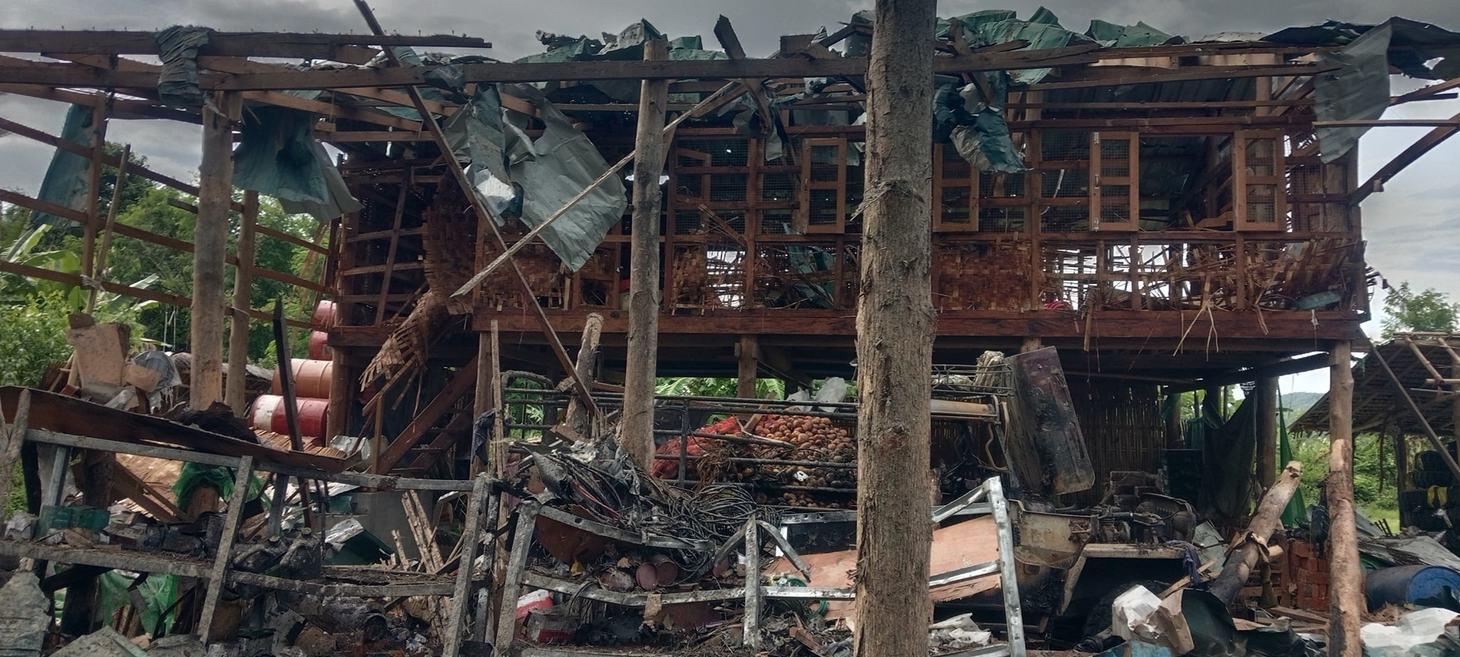
Despite ongoing ceasefire, Myanmar military kills three in Magway Region airstrike
Despite extending a declared ceasefire, the Myanmar junta's air force bombed Nyaungkan village in Saw Township, Magway Region on Thursday, killing three civilians. The bombing involved two bombs landing and exploding inside a housing compound that also functioned as an automotive repair shop, resulting in the deaths of two mechanics. While the ceasefire was ostensibly to allow earthquake relief and reconstruction efforts following a 7.7-magnitude earthquake on March 28, the junta's air force conducted over 520 airstrikes across the country between March 28 and May 30, leading to 462 civilian deaths and 884 injuries according to the National Unity Government.
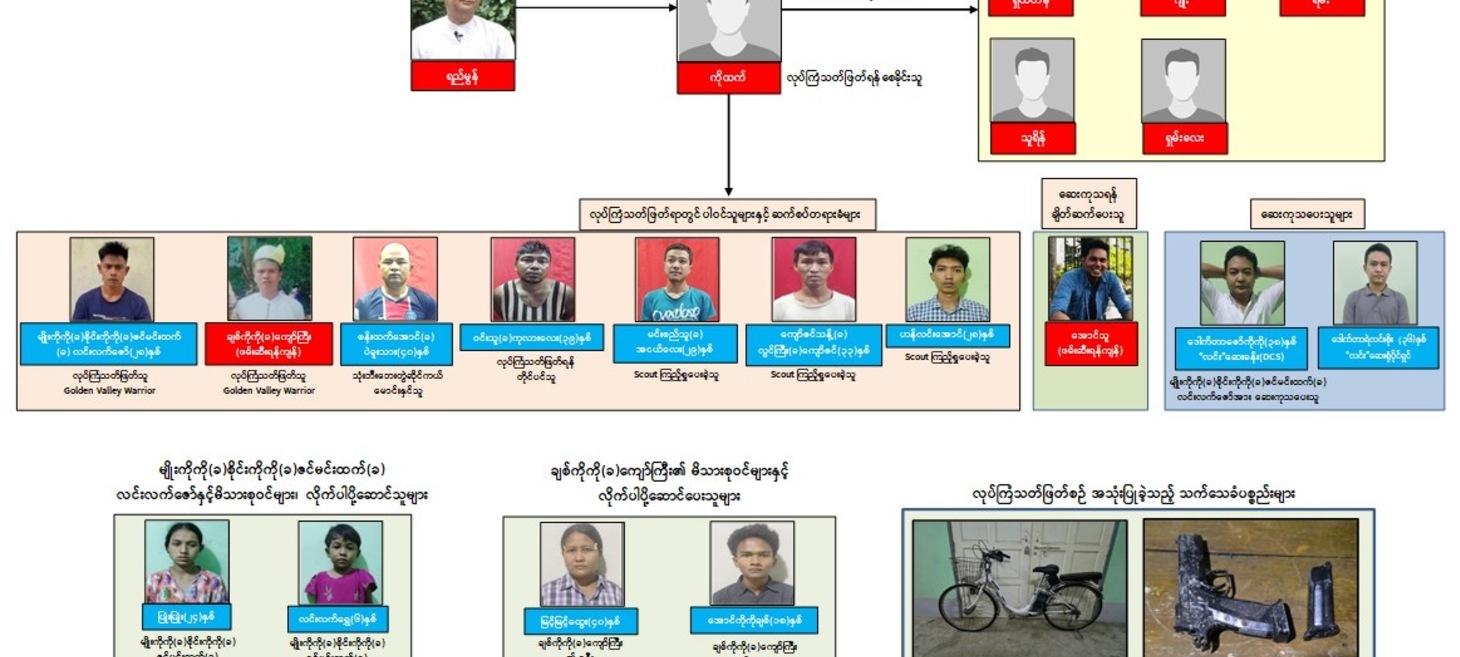
Six-year-old among 16 detainees held in Myanmar junta’s investigation of ambassador’s killing
Military authorities in Myanmar claimed to have conducted a string of arrests in connection with the assassination of former ambassador Cho Tun Aung last month. A total of 16 individuals were detained, including a six-year-old daughter and a teenage son of the suspects. These arrests, reported by junta-controlled news outlet Global New Light of Myanmar (GNLM), also include one of the alleged assassins and four alleged lookouts.
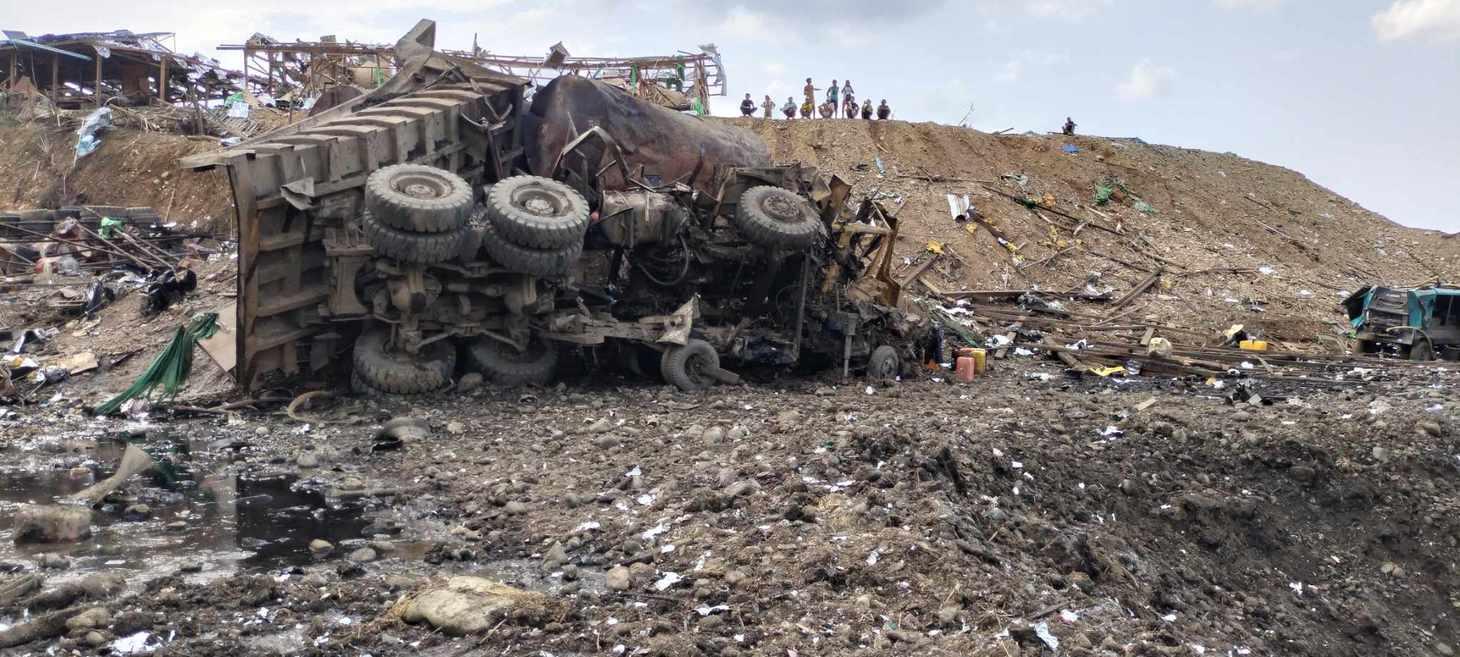
Myanmar regime forces torch mine sites near Hpakant
Myanmar regime forces have begun torching mine sites near Hpakant, a major jade-mining center in Kachin State. This action is occurring as junta troops advance on Hpakant, clashing with the Kachin Independence Army (KIA) and allied groups. Upon entering the area, the forces ordered mine sites to halt operations and have since carried out raids, seemingly targeting active sites.
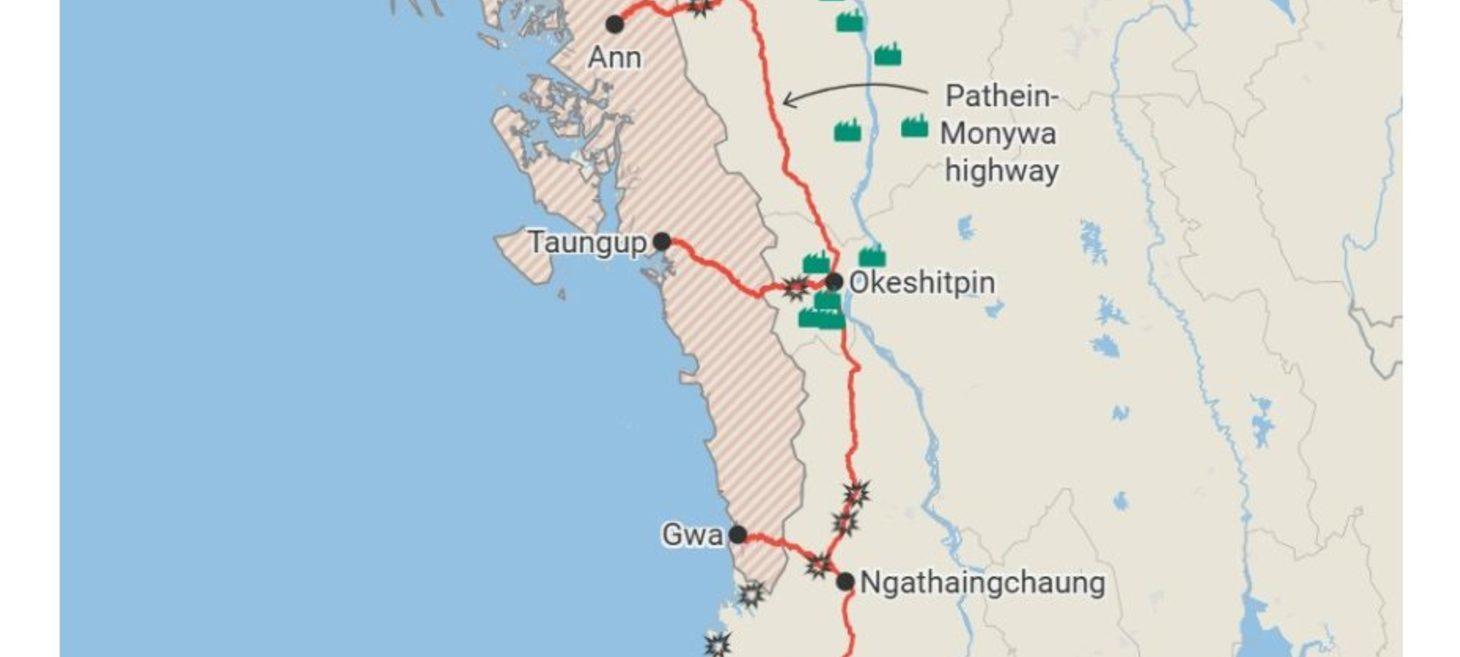
Beyond Rakhine: Arakan Army advance brings hope and fear
The Arakan Army (AA) is advancing beyond Rakhine State into neighboring Ayeyarwady, Bago, and Magway regions with resistance allies, bringing Myanmar’s civil war to new areas. These offensives have caused displacement and difficulties for residents, while targeting strategic locations like the Pathein-Monywa highway and potentially military factories. The AA's actions are viewed as a strategic move to build a buffer zone and support the nationwide revolution, though the local reception to the fighting is mixed.
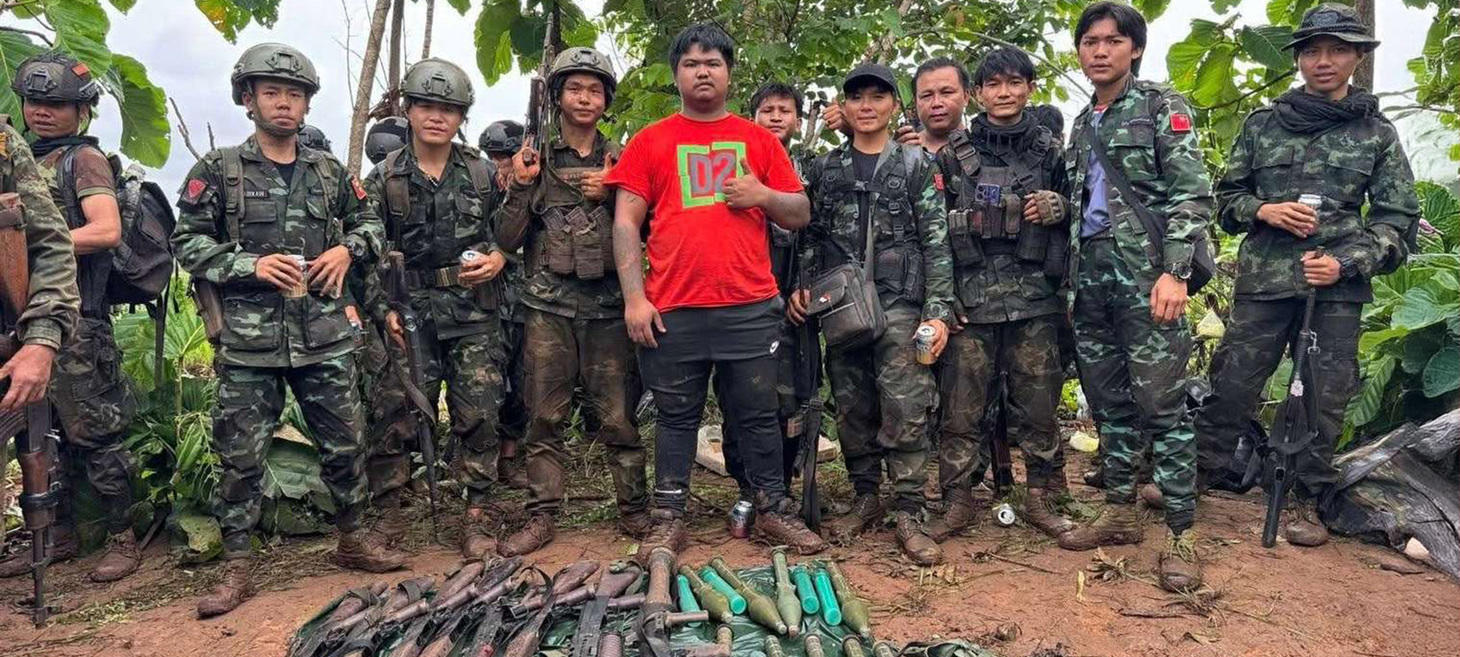
Myanmar Junta Suffers ‘Heavy Casualties’ in Battle for Karenni Town
Anti-regime sources report that Myanmar junta troops have suffered heavy casualties during a renewed resistance offensive in Karenni State. Karenni resistance forces captured two outposts outside a junta operational command in Bawlakhe, with the objective of liberating the town. Around 20 junta soldiers were reportedly killed in the outposts' capture and weapons were seized, while five resistance fighters died due to regime airstrikes.
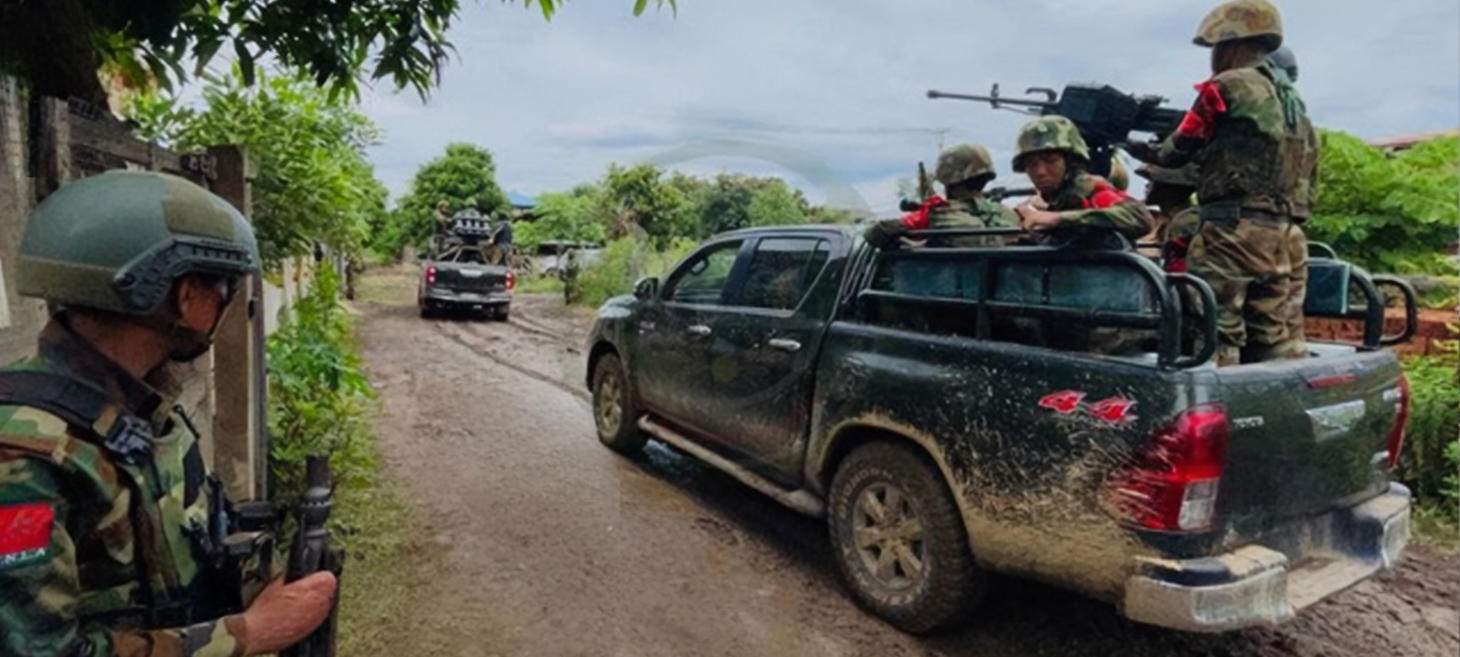
Fighting Nears Nawnghkio Town as Myanmar Junta Pushes to Retake N. Shan
Fighting is intensifying near the strategically important town of Nawnghkio in northern Shan State as the Myanmar regime launches an offensive to retake territory from the Ta'ang National Liberation Army (TNLA) and its allies, despite a declared ceasefire. The TNLA, a key member of the Brotherhood Alliance, had previously seized most of northern Shan State and vital trade routes to China during Operation 1027, but now faces significant pressure from the Chinese government. This pressure, including closing border gates, has caused hardships for the local population and contributed to the TNLA losing some areas, leading them to agree to China-brokered peace talks with the regime in August due to these difficulties.

Myanmar regime forces torch mine sites near Hpakant
Myanmar regime forces have begun torching mine sites near Hpakant, a major jade-mining center in Kachin State. This action is occurring as junta troops advance on Hpakant, clashing with the Kachin Independence Army (KIA) and allied groups. Upon entering the area, the forces ordered mine sites to halt operations and have since carried out raids, seemingly targeting active sites.
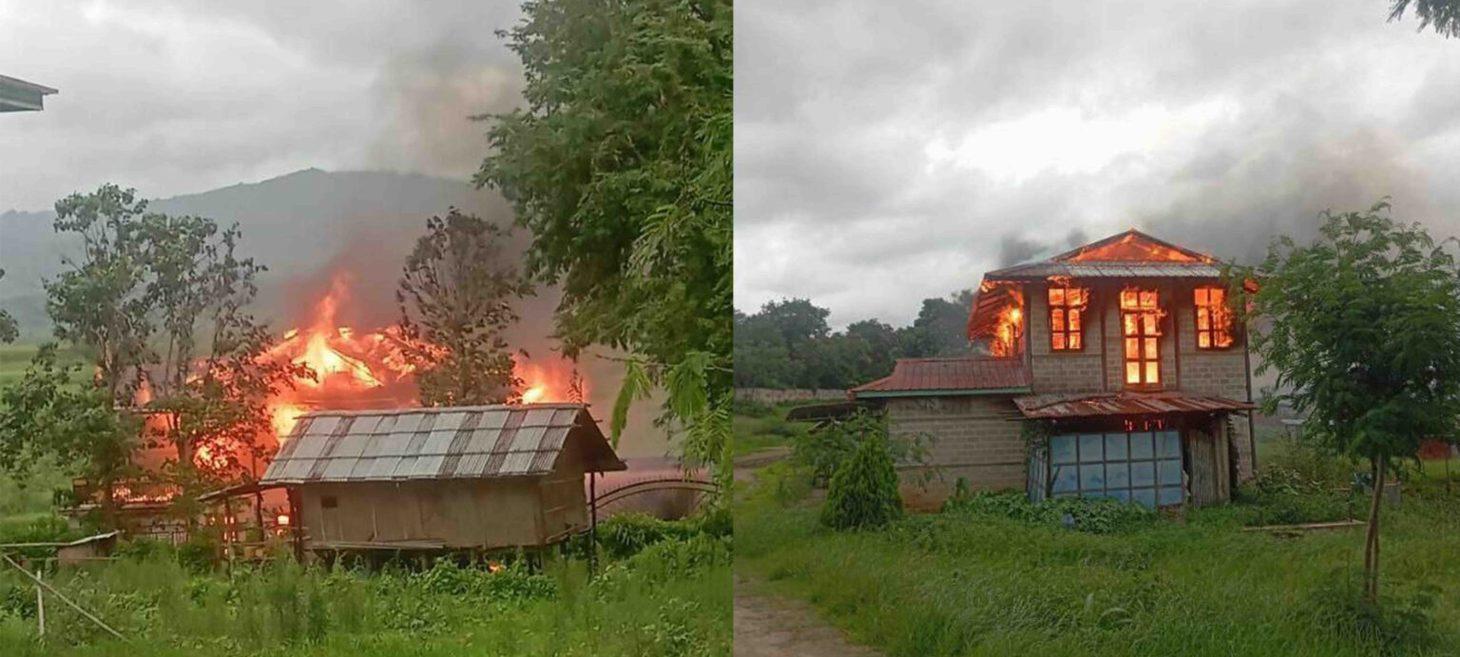
Myanmar junta captures resistance bases in Shan State’s Nyaungshwe Township
A combined force of Myanmar junta troops and members of the Pa-O National Army (PNA) seized control of two resistance bases located in the villages of Hpa Yar Taung and Ye Pu in southern Shan State’s Nyaungshwe Township earlier this week. The bases fell on Monday after they were attacked by over a thousand regime and PNA soldiers using continuous heavy artillery fire. According to a local source familiar with the situation, the captured bases belonged to the Karenni Nationalities Defence Force and the Inle People’s Defence Force, and at least six houses were burned down in the two villages after their capture.
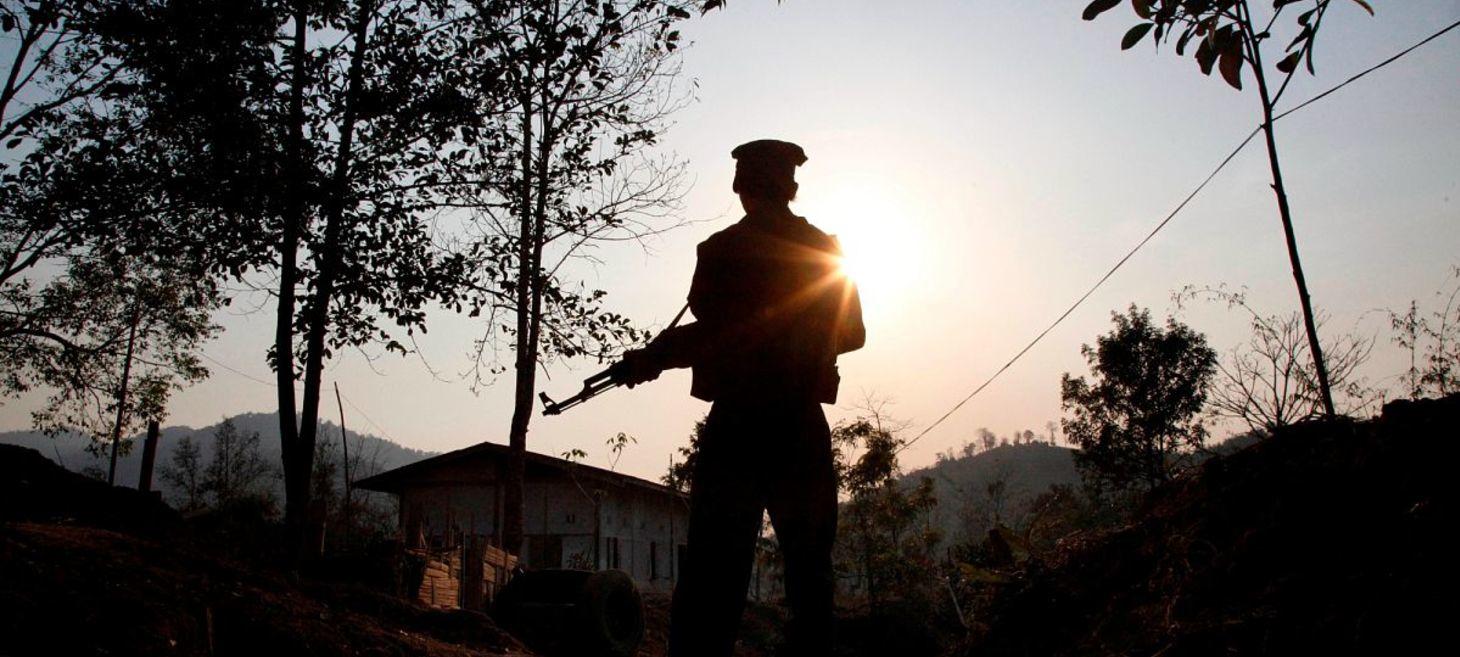
Myanmar military fighter jet shot down, rebel group claims
A Myanmar military junta fighter jet crashed and burned in the Sagaing region on Tuesday, with the People's Liberation Army (PLA) claiming to have shot it down during an assault on a police station, while state-run media reported it suffered a mechanical failure. Sagaing region is a stronghold of armed resistance to the ruling military junta, which seized power in February 2021 from the elected government and faces widespread opposition that has escalated into a civil war. The military increasingly uses air strikes to counter the resistance, relying on aircraft primarily from Russia and China like the Chinese FTC-2000G jet identified locally, which was delivered after the military's takeover.
Crime & Narcotics
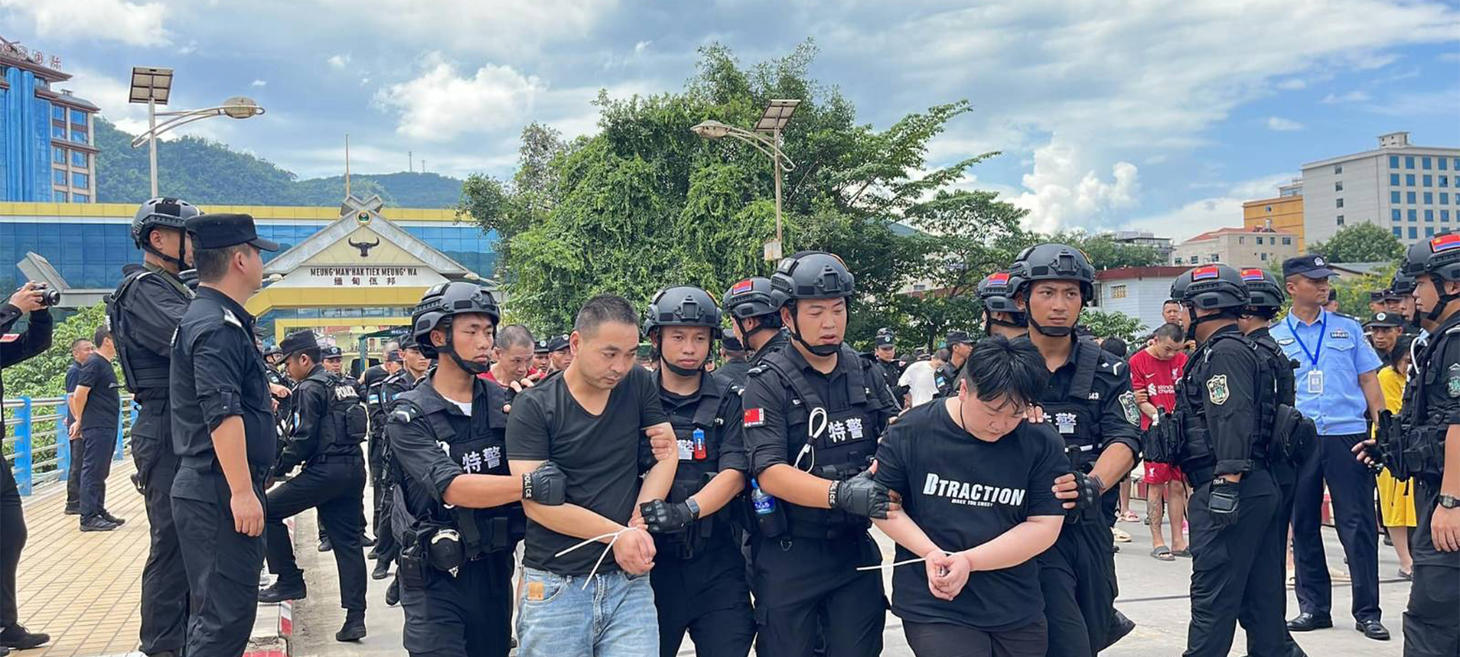
The Hidden Fallout From China’s Cross-Border Crime Crackdown in Myanmar
China's fierce crackdown initially upended northern Myanmar's border towns, which were once hotspots for sprawling online scam syndicates, leading to the repatriation of hundreds of thousands of individuals and dramatic raids on scam dens. However, these scam operations have not disappeared but have relocated, moving deeper into eastern and southern Shan State and spreading into Myanmar's major cities like Yangon, often reportedly operating under the protection of local armed groups and fueled by weak law enforcement and alleged complicity. This shift has made the issue a bigger problem for Myanmar, burdening local communities and risking the country becoming a black hole for organized crime if comprehensive, inclusive solutions are not implemented beyond short-term, junta-centered strategies.
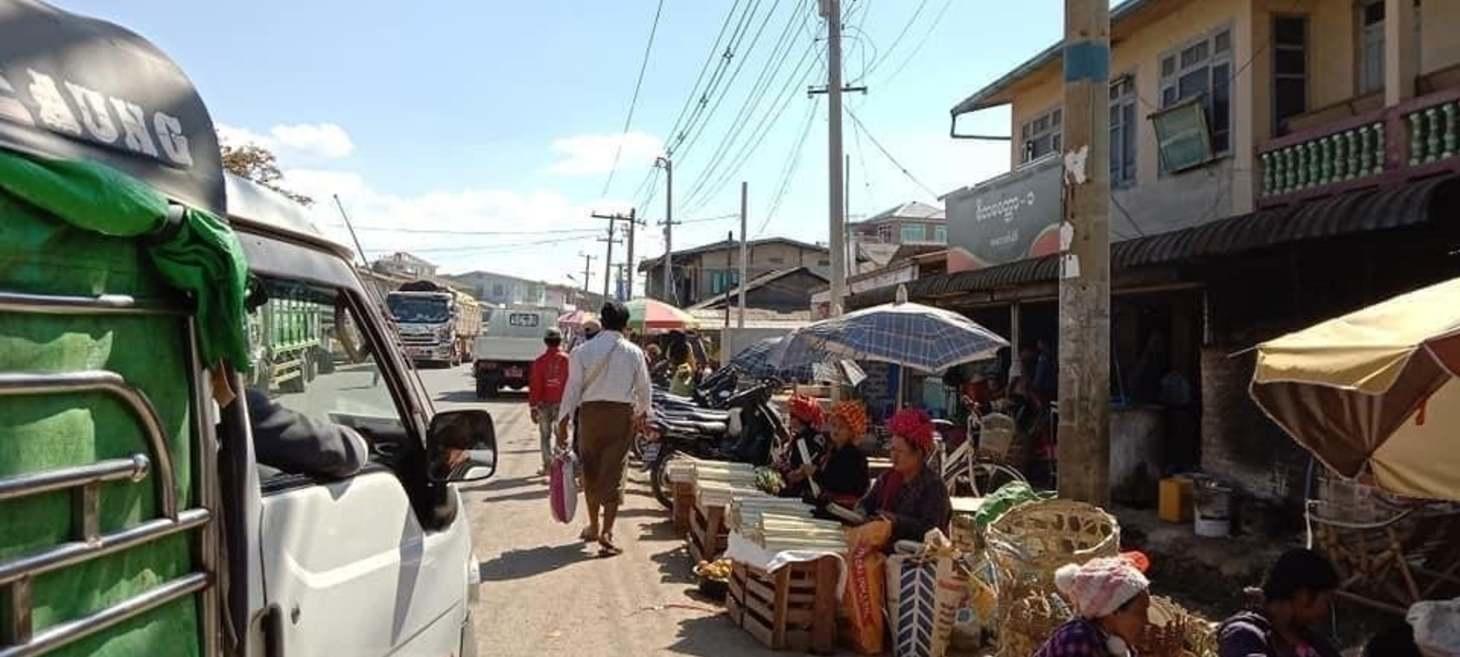
Junta and Pa-O Militia Extort “Military Service Fees” from Panglong Residents
Local residents in Panglong Township and nearby village tracts in southern Shan State are being forced to pay “military service fees” to both the Myanmar military junta and its allied Pa-O National Organization (PNO) militia. These payments, reportedly between 15,000 and 20,000 Kyats per household, are collected monthly or every couple of months by junta-appointed village administrators and Pa-O militia forces, adding a significant burden on civilians. This situation is occurring amidst escalating tensions and armed clashes between military-backed forces and local resistance groups in the region, with civilians caught between these conflicting parties.
Economy
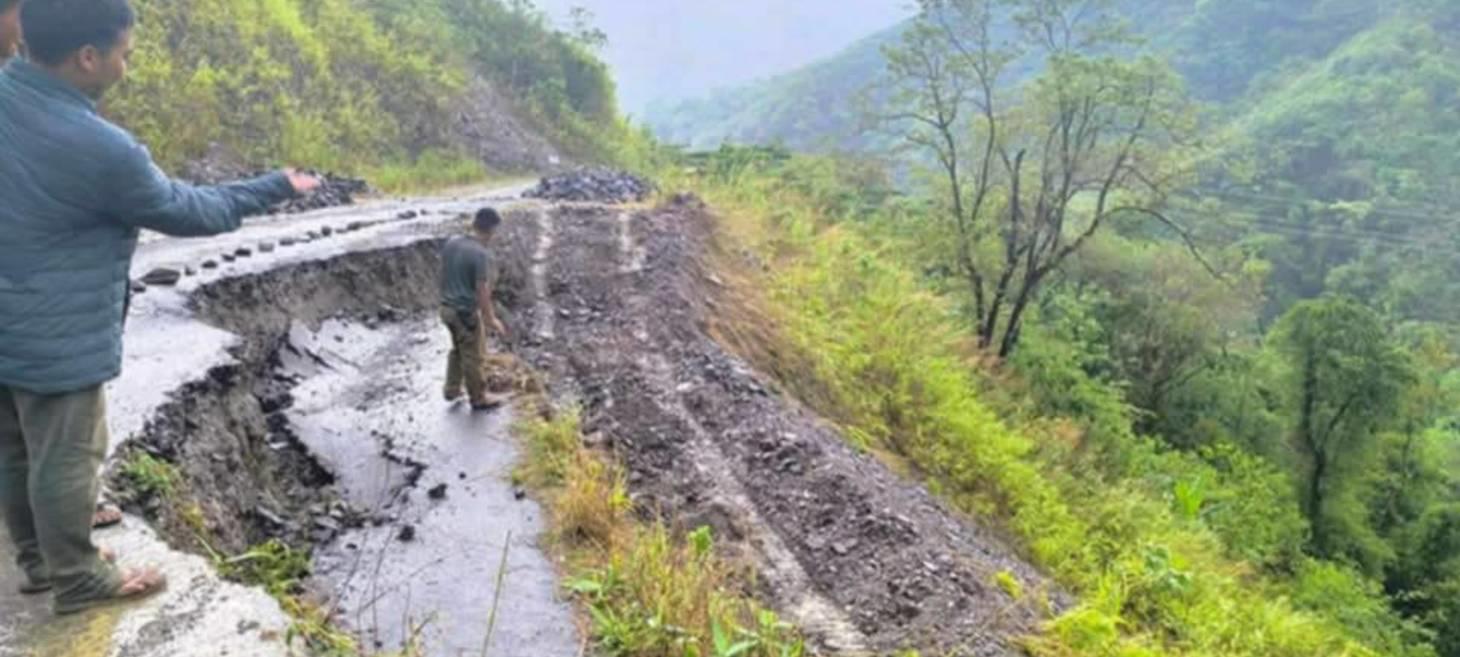
Heavy rainfall drives up prices in Rakhine State
Heavy rainfall has significantly damaged major trade routes in Rakhine State, including the vital Lawngtlai-Paletwa and Paletwa-Saw roads, disrupting the flow of goods and bringing trade to a standstill. This weather-induced disruption is exacerbating existing economic hardship caused by the Myanmar military regime's tight restrictions on trade with the rest of the country since late 2023. As a result, goods are becoming scarce, leading to sharp price increases for basic necessities like eggs, fuel, cooking oil, and other foodstuffs in areas like Kyauktaw.

Yoma teams up with Coca-Cola to boost Myanmar food and drink sales
Myanmar-linked conglomerate Yoma Strategic Holdings is partnering with major international brands such as Coca-Cola. This collaboration is intended to grow Yoma's food and beverage business and expand its avenues for sales promotion in Myanmar. This strategy has reportedly helped keep the company in the black for a second straight fiscal year despite a deteriorating business environment amid the ongoing civil war.
Education
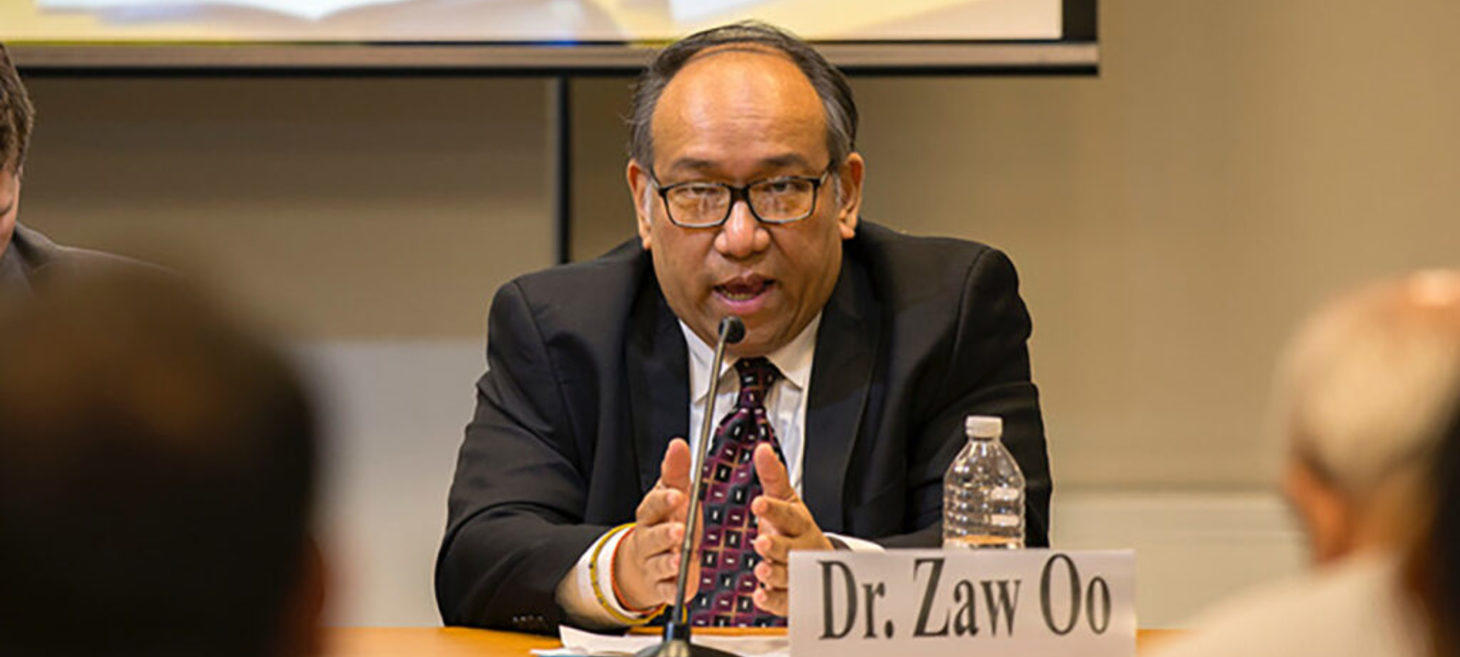
Myanmar Junta Appoints Veteran Adviser as Central Bank Director
Myanmar's regime has appointed economist Dr Zaw Oo as a Central Bank of Myanmar director. Zaw Oo has a diverse background, having advised a previous military proxy regime, served in an exiled anti-military government, and held positions in several economic think tanks. His appointment is viewed as a signal of the regime's control over economic institutions, an attempt to gain legitimacy through technocrats, and potentially placing him in a key transitional financial role for a future planned administration.
Ethnic Issues
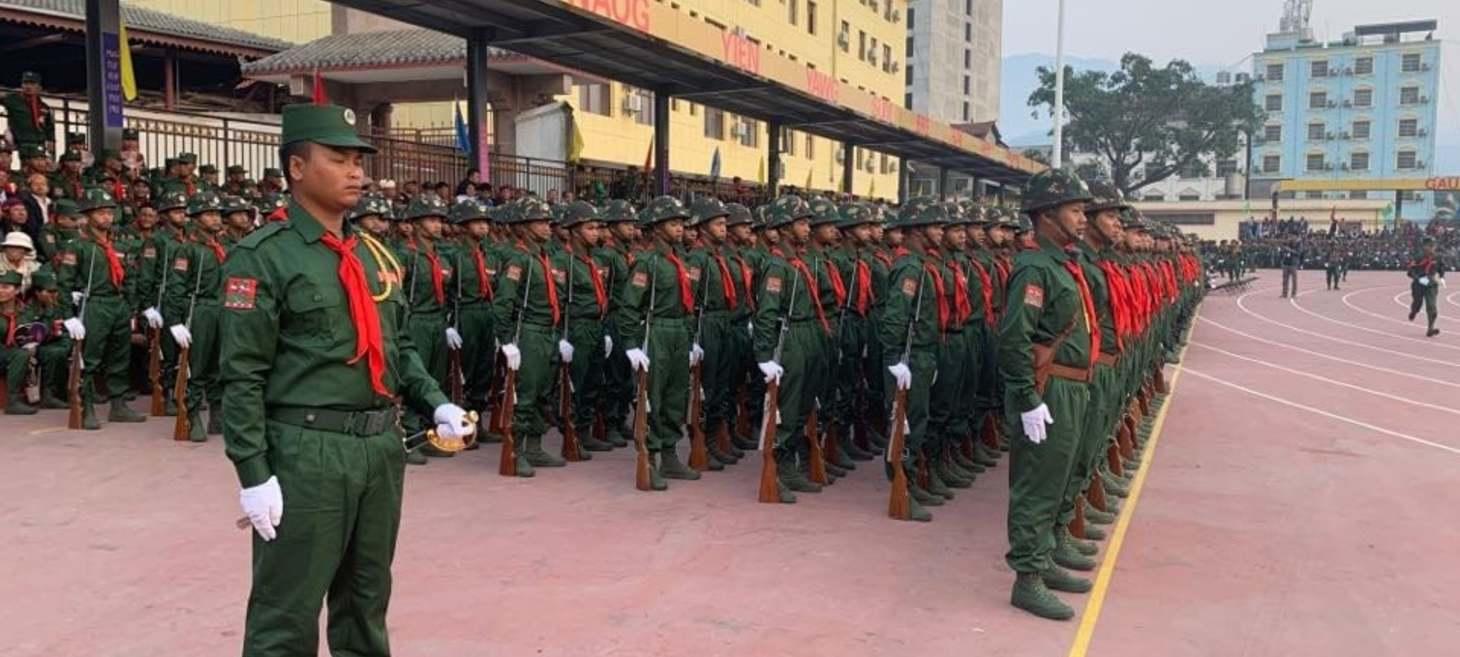
UWSA’s Forced Recruitment Drives Civilian Exodus in Tangyan Township
A wave of displacement is occurring in Tangyan Township due to the United Wa State Army’s (UWSA) escalating forced recruitment, which is masked as a community security initiative and drives civilians to flee their homes. The UWSA’s 171st Military Region is allegedly pressuring civilians, particularly those without prior military experience, into mandatory training programs that locals say funnel them into the UWSA ranks, with officials threatening village leaders and invoking names to demand recruits. While a UWSA external relations officer denied forced recruitment, calling the training voluntary for community defense, a Wa State TV broadcast reportedly showed newly trained recruits, leading families to flee and village leaders to hide to avoid repercussions and meet recruitment demands.
Foreign Affairs
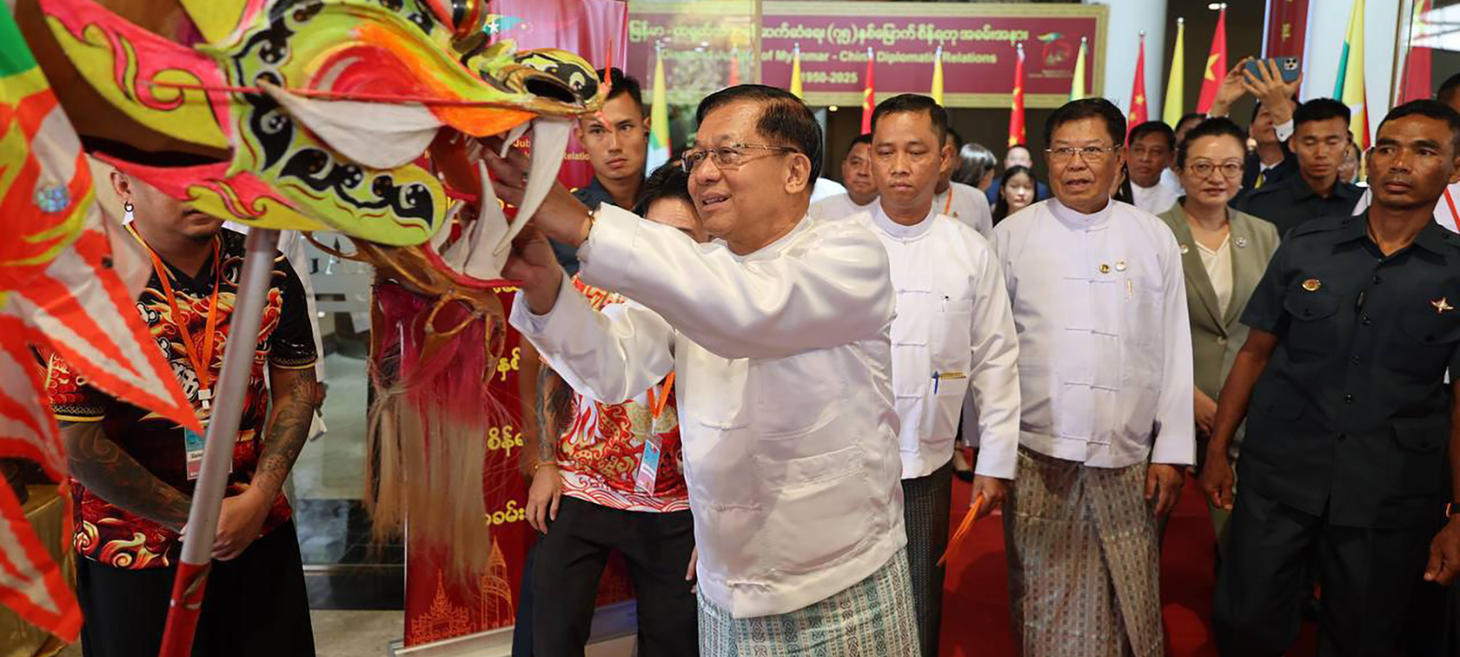
Myanmar Junta Boss Thanks Protector China on 75th Anniversary of Ties
Min Aung Hlaing thanked China for its support, which he stated has helped him survive international sanctions and internal armed conflict, particularly as the regime lost control of towns following Operation 1027. China explicitly backs the junta, expressing support for Myanmar's "internal stability," opposing foreign interference, acting as a key arms supplier, standing with them at the UN, and pressuring ethnic armed groups involved in Operation 1027 to engage in peace talks. The historically close relationship involves Myanmar's early recognition of communist China and support for its UN membership, mutual interest in implementing strategic Belt and Road Initiative (BRI) projects such as those under the China-Myanmar Economic Corridor (CMEC), and recent Myanmar actions like enacting a private security law favoring Chinese interests and joining China's cybercrime crackdown.
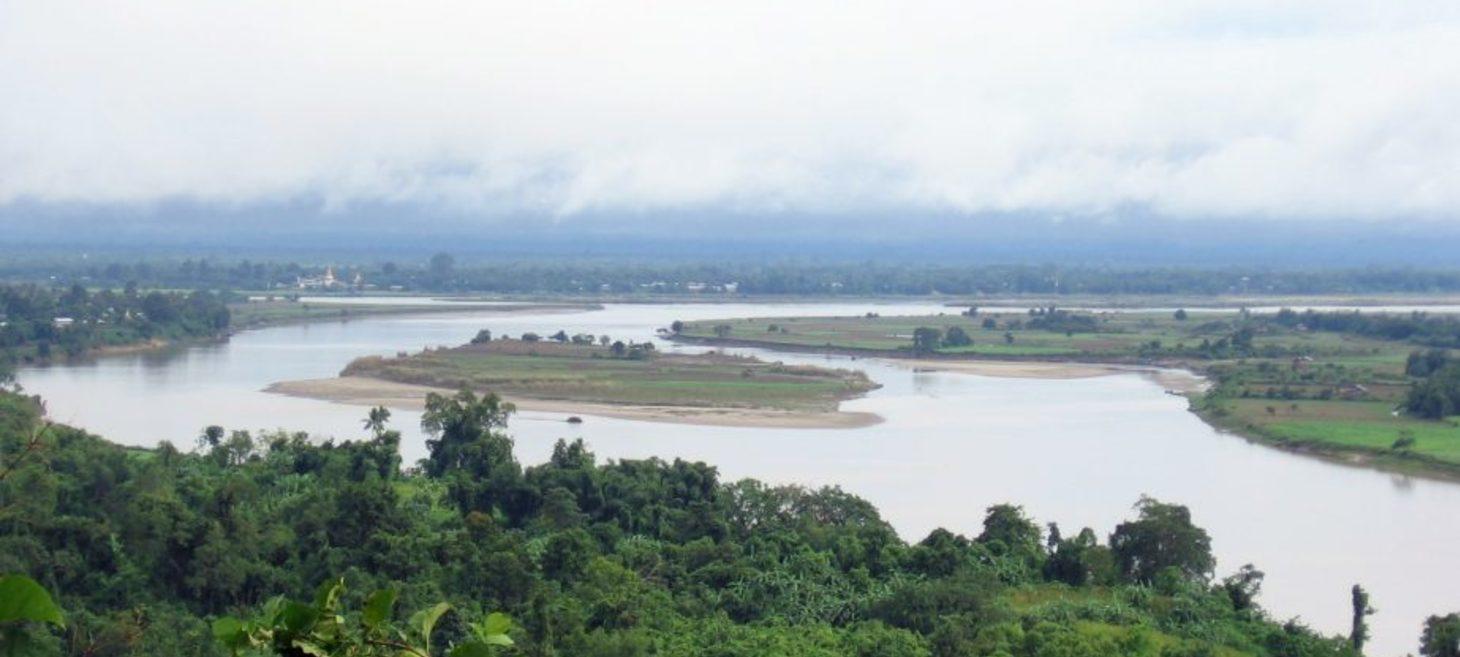
China Pressuring Two Major Myanmar Armed Groups to Halt Offensives
China is reportedly pressuring the Kachin Independence Army (KIA) and Arakan Army (AA) to halt their military offensives in Kachin and Rakhine states. This pressure is intended to stabilize the military junta and secure the conditions necessary for large-scale Belt and Road Initiative infrastructure projects like the deep-sea port at Kyaukphyu and the cargo hub at Bhamo to proceed. China has previously applied similar tactics, successfully pressuring the Ta’ang National Liberation Army (TNLA) and Myanmar National Democratic Alliance Army (MNDAA), two other members of the Three Brotherhood Alliance, to reach ceasefires and return territory like Lashio to the junta.
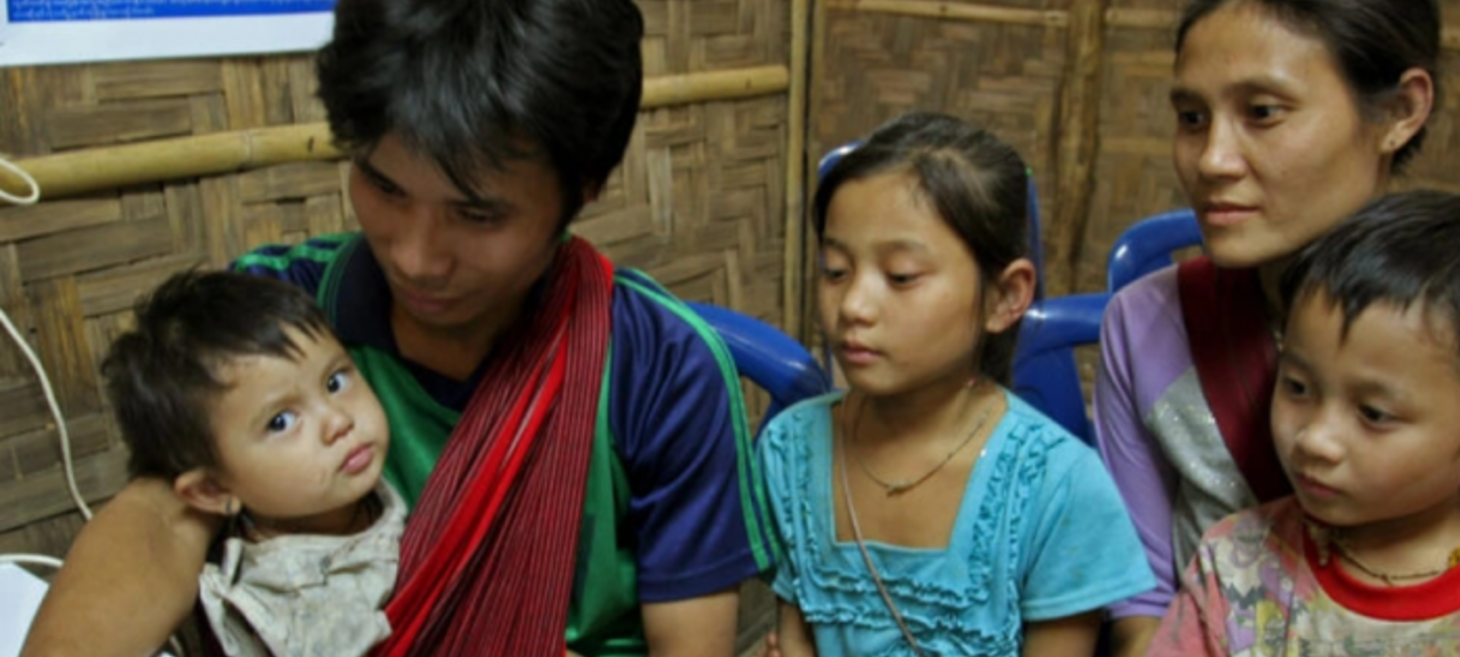
Trump’s Myanmar travel ban: a blow to refugees’ hopes
The Trump administration's immigration restrictions disproportionately affected people from Myanmar, especially refugees and students, claiming nearly half of student visa holders overstayed their visas. These restrictions have dashed the hopes of those waiting in refugee camps, including those nearing the end of the immigration process, seeking family reunification, or who had already obtained visas. Affected individuals see the ban as deeply unfair and a significant obstacle to opportunities like quality education, fearing it could set a dangerous precedent for other countries adopting similar measures.
General News
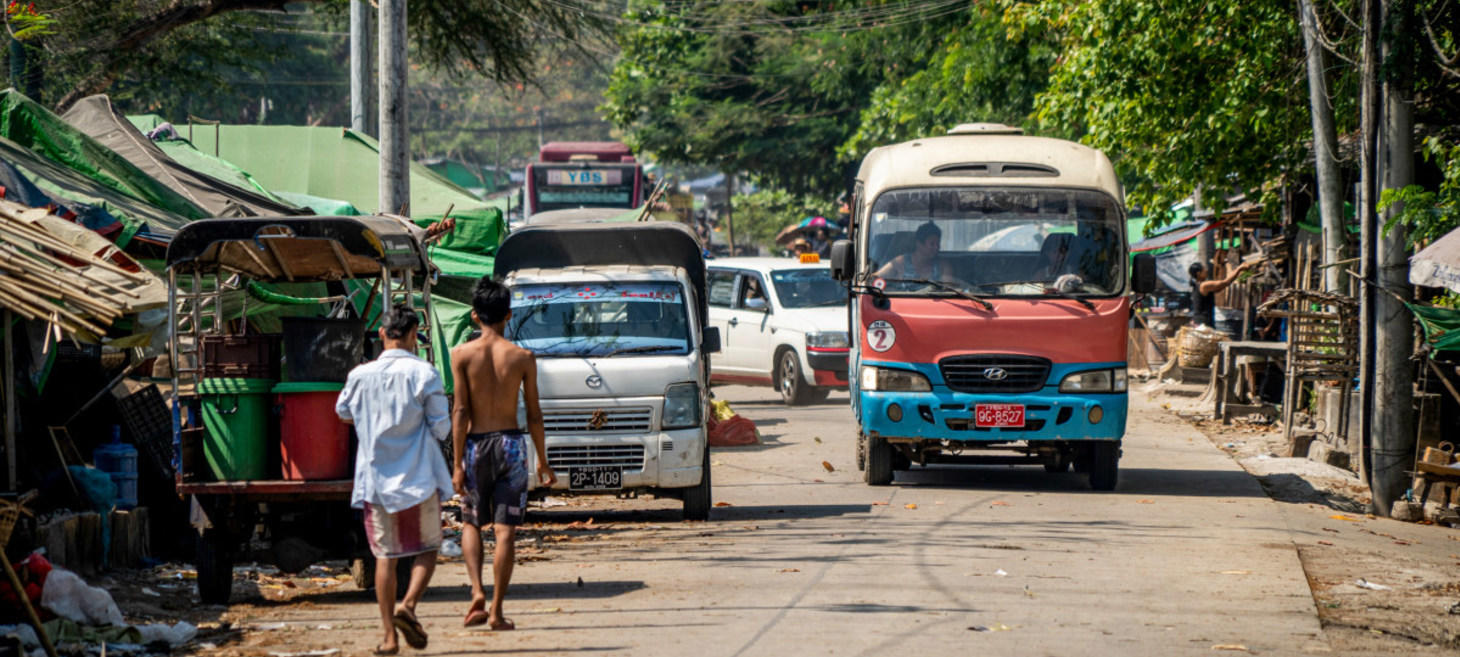
Trump travel ban hits immigrant family coming to U.S. amid bloody civil war in Myanmar
A Burmese American woman's efforts to bring her siblings from Myanmar to the U.S. after a 15-year visa wait were jeopardized by a new Trump travel ban that included Myanmar, which some argue disproportionately affects people fleeing war-torn countries seeking sanctuary. The administration defended the policy as being in the "best interest of the American people and their safety," citing reasons such as high visa overstay rates and countries' failure to share information. However, critics and affected families argue the ban punishes those escaping dangerous conditions like civil war and hinders family reunification, despite the proclamation stating it does not limit the ability to seek asylum or refugee status.

Chameleon Crony: How Myanmar’s ‘Baby’ Tycoon Thrived Across Four Eras
Zaw Win Shein, the CEO of Ayeyar Hinthar Group, is a young Myanmar tycoon notable for his remarkable resilience and ability to thrive across four successive political eras in the country, a distinction that sets him apart from other prominent cronies whose influence often waned with changes in power. He achieved this enduring success by forging strong ties with influential figures across different regimes, including military leaders and government ministers, enabling him to secure lucrative business opportunities, expand his interests into various sectors like banking and telecommunications, and gain access to defense-related deals. Having navigated Myanmar's shifting political landscapes, Zaw Win Shein has expanded his economic leverage and now ranks among the country's wealthiest and most politically entrenched business figures, maintaining a high profile alongside the current junta leadership as a top donor.
Governance & Rule of Law
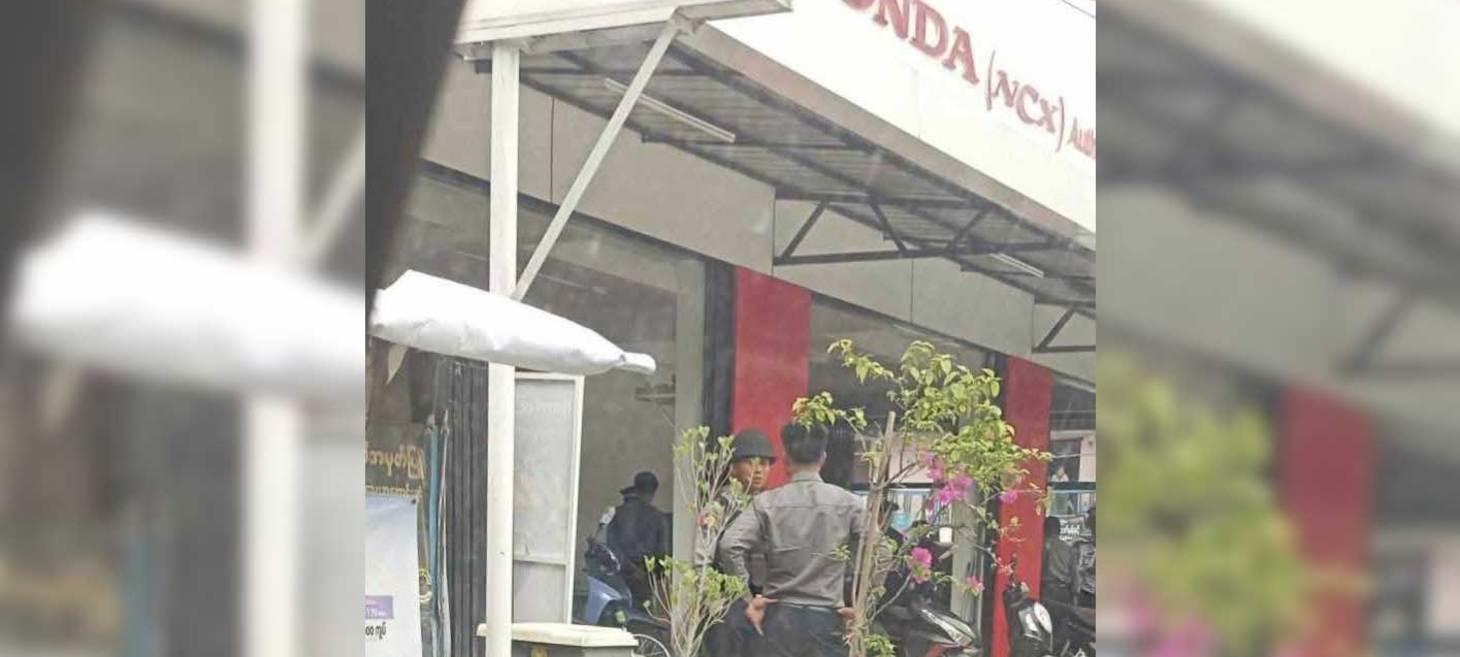
Junta Seizes Vehicles from Streets and Homes, Taunggyi Residents Gripped by Fear
Junta-affiliated traffic police have intensified a campaign to seize unlicensed vehicles from public roads, private homes, and monasteries in Taunggyi and other areas of Shan State, causing significant fear among residents. Residents face economic hardship due to exorbitantly high licensing fees, making it difficult to register vehicles, and there is difficulty recovering confiscated vehicles without personal connections, leading people to take precautions. In response to this pressure and civilian repression, a quiet civil resistance campaign emerged involving marking banknotes with "Honk and protest".
Military
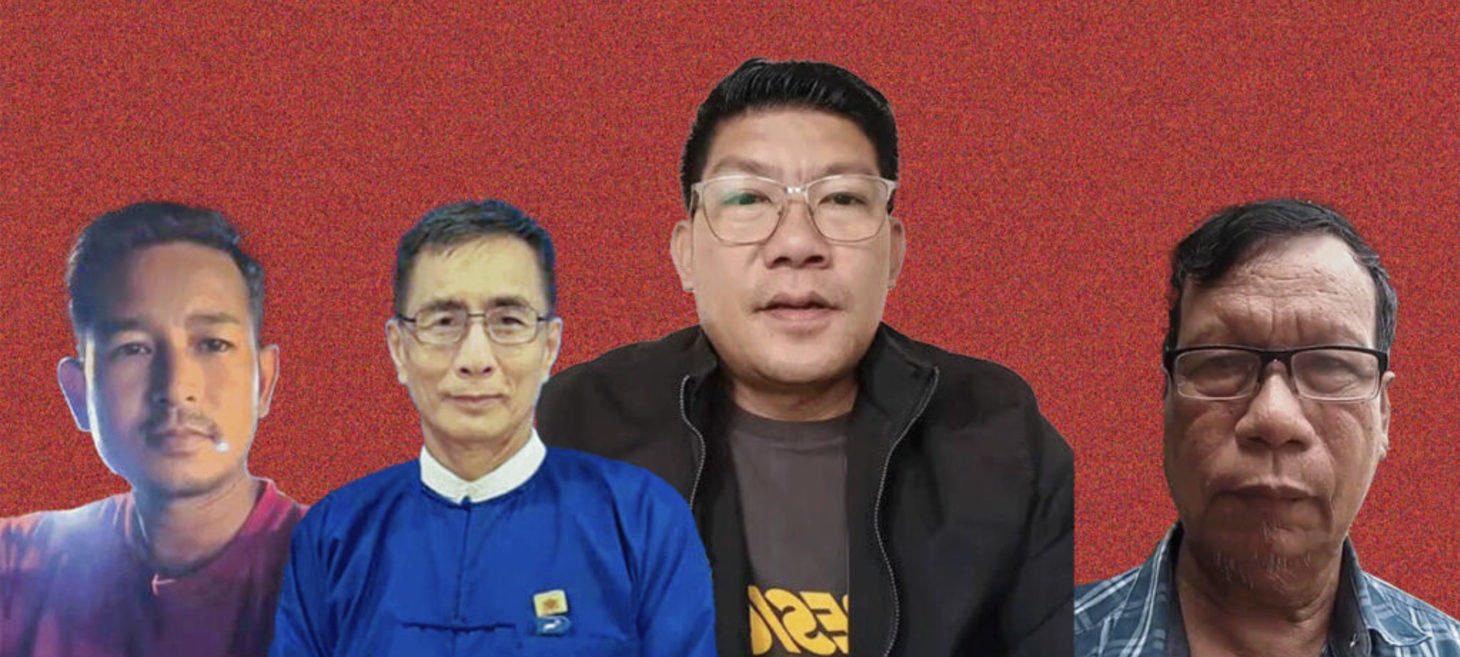
Myanmar Junta Steps Up Arrests of Supporters
Myanmar's junta is increasingly arresting critics, even prominent supporters within pro-military circles, in what is speculated to be a wider purge targeting dissent. Individuals like Zaw Phone Hein, Zaw Yu Htun, and others, including former military officers and journalists, have been detained for actions such as criticizing junta chief Min Aung Hlaing, military corruption, or mocking regime responses. These arrests often involve charges under laws like Article 66(d) of the Telecommunications Law, which carries a threat of three years in prison, and are viewed by some sources as a warning to others.
Politics
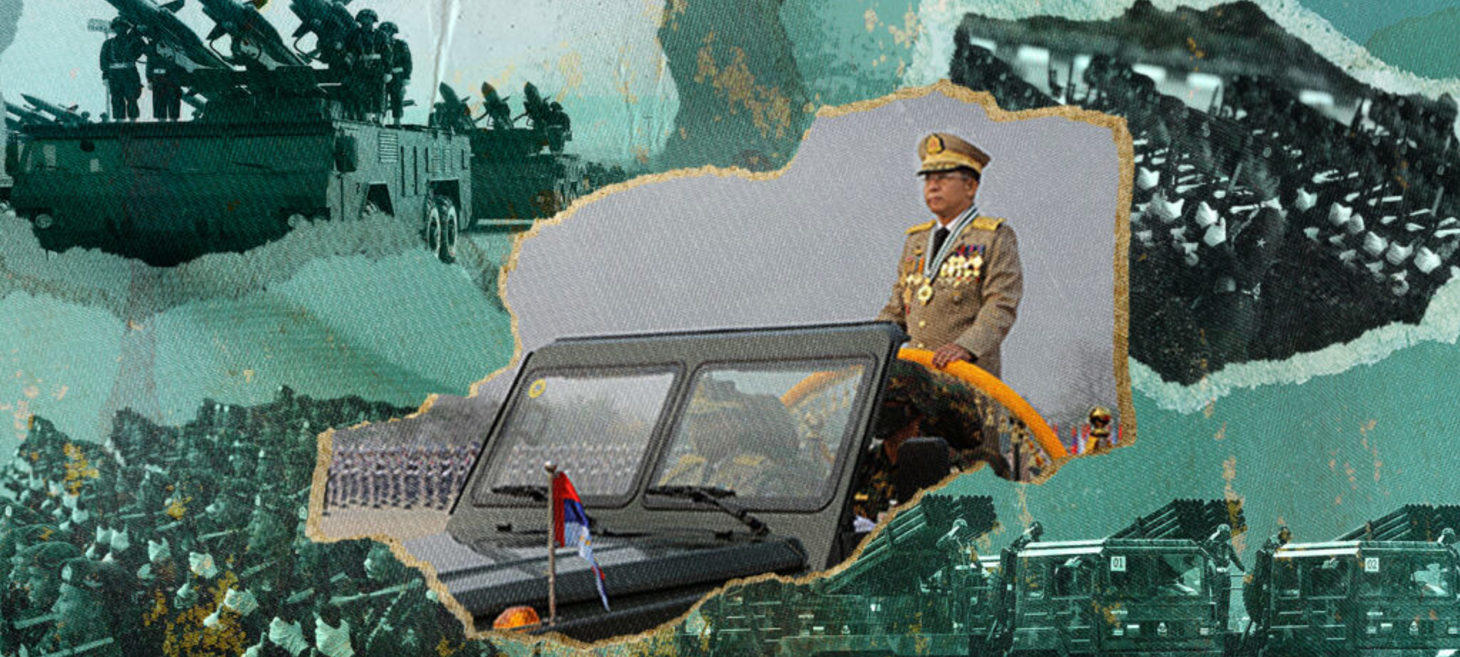
Will Myanmar’s Military Replace Its Embattled Leader?
Senior General Min Aung Hlaing, chairman of Myanmar's State Administration Council, is widely loathed domestically and faces significant international criticism for his role in the 2021 coup and subsequent actions, with some military peers perceiving him as too weak to effectively counter the resistance. Due to this dissatisfaction and the military's desire for a stronger hand, he might be moved to a civilian presidential role after future elections, potentially making way for a more hardline figure like his deputy to become Commander-in-Chief, though the military aims to avoid public displays of division. While the military's internal dynamics remain opaque, the sources suggest that the military is likely to retain power in some form for the foreseeable future, utilizing planned elections to seek regional legitimacy.
Telecommunications
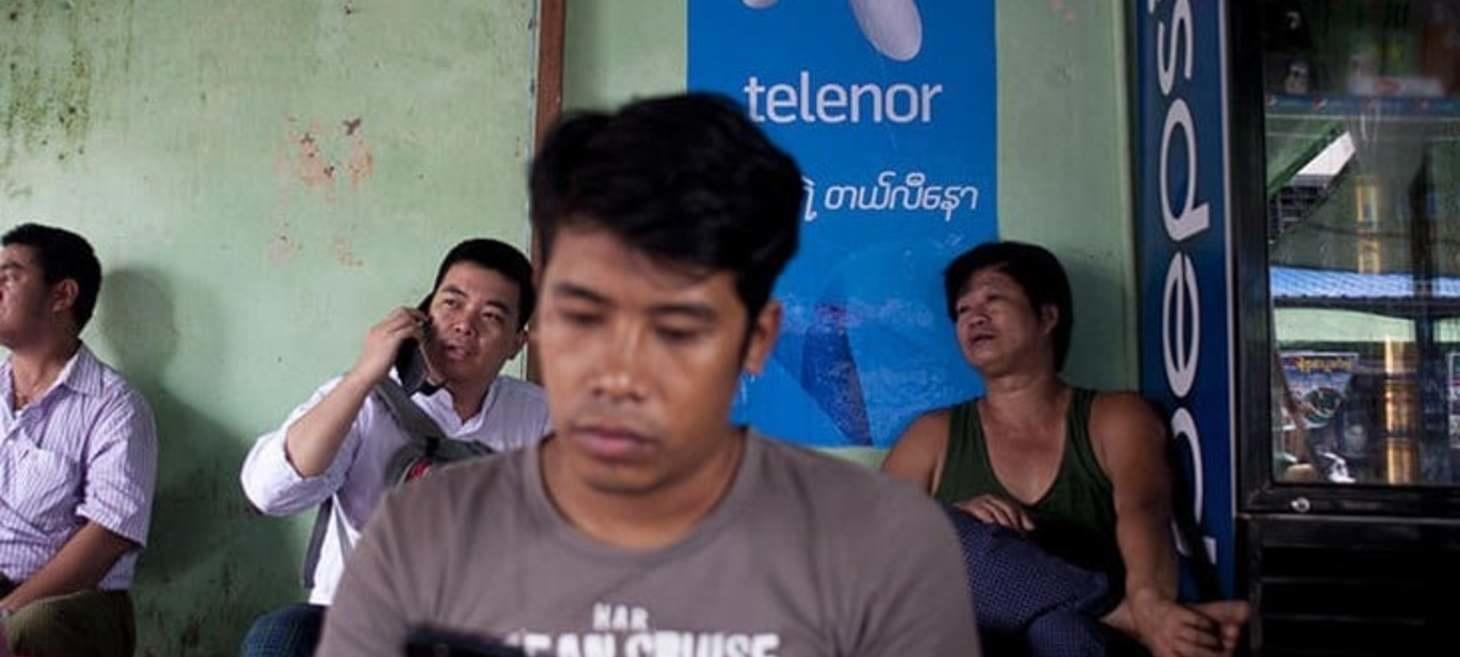
Myanmar’s junta engaged in systemic digital surveillance and discrimination, rights group warns
According to a new report by Human Rights Myanmar (HRM), Myanmar's military junta has created a "near-total surveillance state" through repressive digital laws, biometric monitoring, and AI-powered tools to erode privacy rights and target marginalized groups and political dissidents. This system includes the 2025 Cyber Security Law, mandating digital platforms to store and hand over user data, the use of Deep Packet Inspection (DPI) primarily from Chinese vendors to block VPNs and encrypted communications, and the 2024 Person Scrutinisation and Monitoring System (PSMS) utilizing facial recognition and AI, which has resulted in over 1,600 arrests in just 10 weeks in 2025. The digital repression disproportionately harms ethnic minorities, women, and LGBTQ+ individuals, contributing to wrongful detentions through biased datasets and employing commercial spyware to intimidate activists.